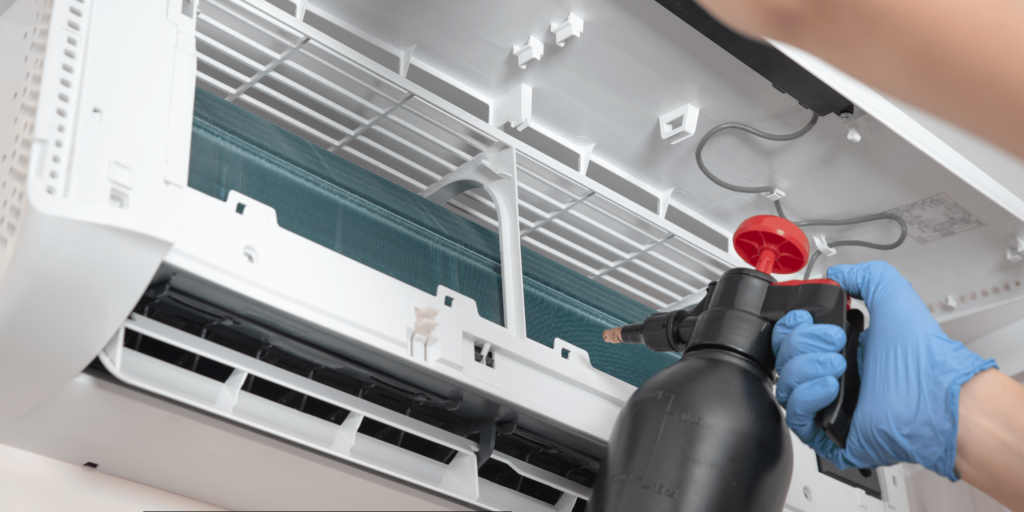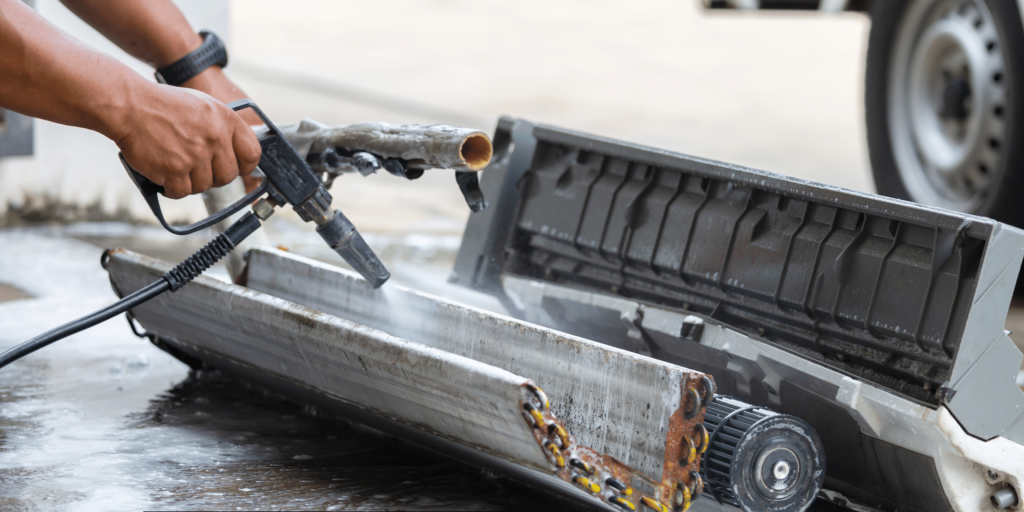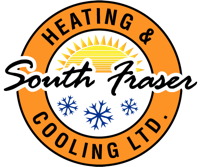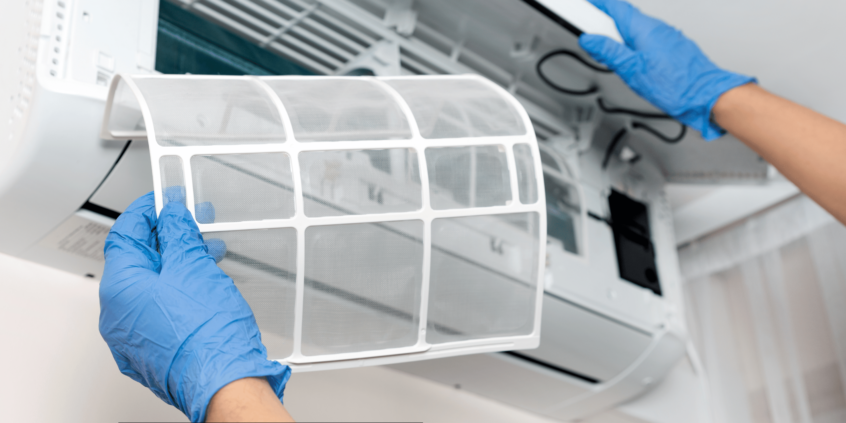In addition, for individuals who want to avoid paying for cleaning services from technicians, this is a great way to do it all by yourself. However, there are some issues or factors that can be involved if not well observed or implemented. Here, the article explains what it means to clean your AC, whether it’s wise to do so, how it can be done, safety measures to observe, and when you should seek help.
Is it Advised to clean air conditioner units on your own?
Advantages
– Reduces the number of funds spent in seeking the services of an HVAC technician
– This can be quickly done at one’s own pace.
– Enables one to clean at his or her own pace, not on the time and schedule of another person

Disadvantages
– Possible health dangers if the substance is not dealt with correctly
– Risk of causing harm with parts previously in contact with the body.
– But just as often, ignoring a problem is possible only if you do not look too closely and are willing to overlook certain things a technician would not.
How can you clean AC Unit yourself
1. Must Switch Off Power for the Unit
This is to avoid cases of electric shock and prevent the blades of the fan from starting to spin, thus becoming a danger to the user. The first precaution is to turn off the power supply at the fuse box or the circuit where the air conditioner is located or disconnect the window air conditioner from the power outlet.
2. Remove Exterior Panel
Unscrew the slimmer metal sheet that is present around the AC unit and try to reveal all the internal components of it. This gives you access to coils, fins, drains, and fans, items that need cleaning.
3. Clean Fins and Coils
To clean these parts, make sure to hose down the area using a hose control set at low pressure, as there may be dust and debris stuck on these parts. Make sure you are very careful when moving it so as not to crush the delicate fins as thin as paper. It can also be helpful to straighten any bent fins, which a special fin comb will do.
4. Rinse and Drain Pan
Hire a wet/dry vacuum cleaner to suck the collected moisture or grime from the drain pan at the base of an AC. Wash the Pan to remove any remaining debris before connecting other parts back again.
5. Degrease Fan Motor
Contrary to this, the accumulation of dirt and oils in certain parts of the fan motor may hinder its efficiency. Gently wash all surfaces with a degreasing cleaning agent.
6. Reconnect Sections and Turn On
After all parts have been cleaned, dried, and adequately realigned, it is appropriate that any protective panels that may have been removed during the process be replaced and the power supply to the AC unit resumes.
Safety Precautions
– Switch off the power to avoid touching wires that may cause electric shock.
– Use the chemicals cautiously; ensure sufficient air circulation within the room.
– Be cautious when using water hose as this may increase the risk of falling.
– Employ cautious movement around sharp fins
– Avoid picking up or moving heavy trays and objects alone

When It is Time to Seek Professional Help
There are some air conditioning maintenance tasks best left to qualified HVAC technicians:
– Handling refrigerant chemicals
– Structural changes or significant modifications, for example, a change in the power source
– Diagnosing electrical issues
– To eliminate the possibility of leaks or blockages
– Computer diagnostic checks
– Complicated ductwork cleaning
The simplicity of an AC unit is deceptive, as there are numerous intricate processes taking place within the device. Although simple tasks such as dusting the exterior and cleaning the coils might be carried out and often done on your own, major maintenance should be conducted by professional technicians since they usually require the use of various tools and expertise. Do not go to the extent of attempting to fully service an air conditioning system on your own, as you are at risk of getting injured.
Conclusion
It is clear that one can clean his or her home air conditioner, and this is possible and economical. However, because of the dangers inherent when working with these systems, only make an effort to perform minor exterior washing – do not try extensive work such as parts fixing or refrigeration substance manipulation. Be ready to consult an HVAC pro if you notice any underlying problems while DIYing the servicing. However, with some level of carefully, it is possible for most homeowners to try a simple AC unit cleaning DIY.

